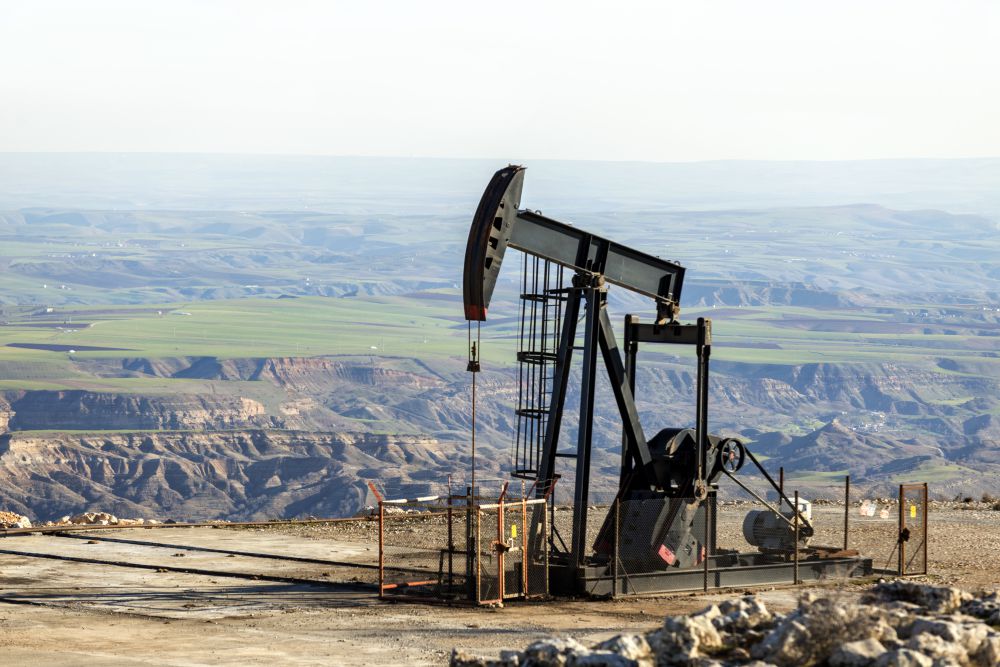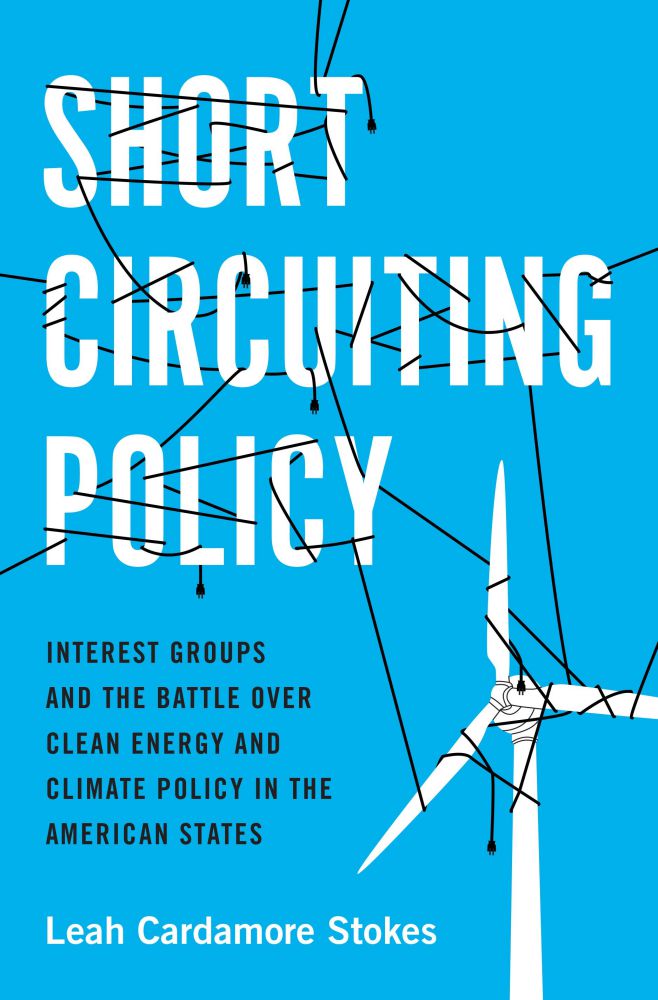
Power Plays


It seems difficult to believe, when the United States is currently the No. 1 oil-producing country in the world, that two decades ago the country seemed on the verge of adopting sweeping clean energy policies.
And yet 21 years ago Texas, long a bastion of fossil fuel production, enacted legislation that would reform the state’s electricity sector and require the state to meet benchmarks for building clean energy technology.
How did the U.S. arrive at a point when renewable energy policies in many states have either been rolled back or defanged? In “Short Circuiting Policy: Interest Groups and the Battle Over Clean Energy and Climate Policy in the American States” (Oxford University Press, 2020) UC Santa Barbara assistant professor of political science Leah Stokes offers an exhaustively researched examination of the ways the U.S. has fallen behind the global push to fight climate change.
“Sometimes when people think about climate policy, they think about individual behavior change,” Stokes said. “Like, should I take a flight or do I need to change my behavior in some way? But a lot of what climate policy is actually about is interest groups and the way that they shape institutions at policy."
As Stokes writes, Texas’s clean energy laws gave environmental advocates hope that the state would light the way toward a greener power grid. Indeed, in 2005 the Lone Star State passed an even more ambitious bill that would ensure it would lead the country in solar energy. That never happened.
What transpired, she said, was that the fossil fuel industry made the bill’s language more ambiguous, and argued its new solar requirements were nonbinding. It would be another decade before solar energy made a comeback in Texas.
Texas, Stokes argues, is a prime example of what the scholars Jacob Hacker and Paul Pierson have called “organized combat” — the ways that interest groups battle one another over clean energy policies. The electric utilities, fossil fuel companies and environmental advocates “do battle in state legislatures, in public utility commissions,” she said. “And that is a lot of how we get the policy that we have. And that policy shapes the choices that people can make in terms of where energy comes from. So I center interest groups and their battle over policy as the core of understanding climate policy.”
As Stokes notes, the electric utilities have shifted their strategy from more than 30 years of climate denial to promoting delay of clean energy policy. The reason: to protect their bottom lines.
“The role that electric utilities play, it’s really not as well documented,” she said. “And so I discuss that at length and I do a lot of research about the ways that electric utilities and their associations — these are groups like Edison Electric Institute — spread climate denial very actively. They participate in all the same climate denial groups that fossil fuel companies participated in. And they worked to delay laws.”
In one example Stokes cited, Congress in 1990 passed legislation that amended the Clean Air Act to include limits on mercury, a deadly toxin. The utilities, however, tied up the new rules in legal battles that weren’t resolved until 2011.
“Electric utilities have slowed down, very consciously,” she said, “the pace of cleaning up our electricity system because they have decided it’s not within their financial interests to do so.”
Such delaying tactics are found around the country. In her book, Stokes examines four states — Arizona, Kansas, Ohio and Texas — where clean energy has stalled or been reversed. In each case, she said, interest groups have successfully rolled back or stalled clean energy policy, even if they endanger public health and contribute to climate change.
“I think this complicates a lot of the simple story that people have,” she said,” that renewables get cheaper and suddenly they’re built everywhere.’ Actually, it’s a question about cheaper for whom. If it isn’t in the financial interest of utilities and you don’t have regulators or legislators saying that they have to change their behavior, then these companies continue on, business as usual. Their actions imperil the health and wellbeing of people in the United States through particulate matter in air pollution, but also, of course, through carbon emissions that are destabilizing our planet.”



